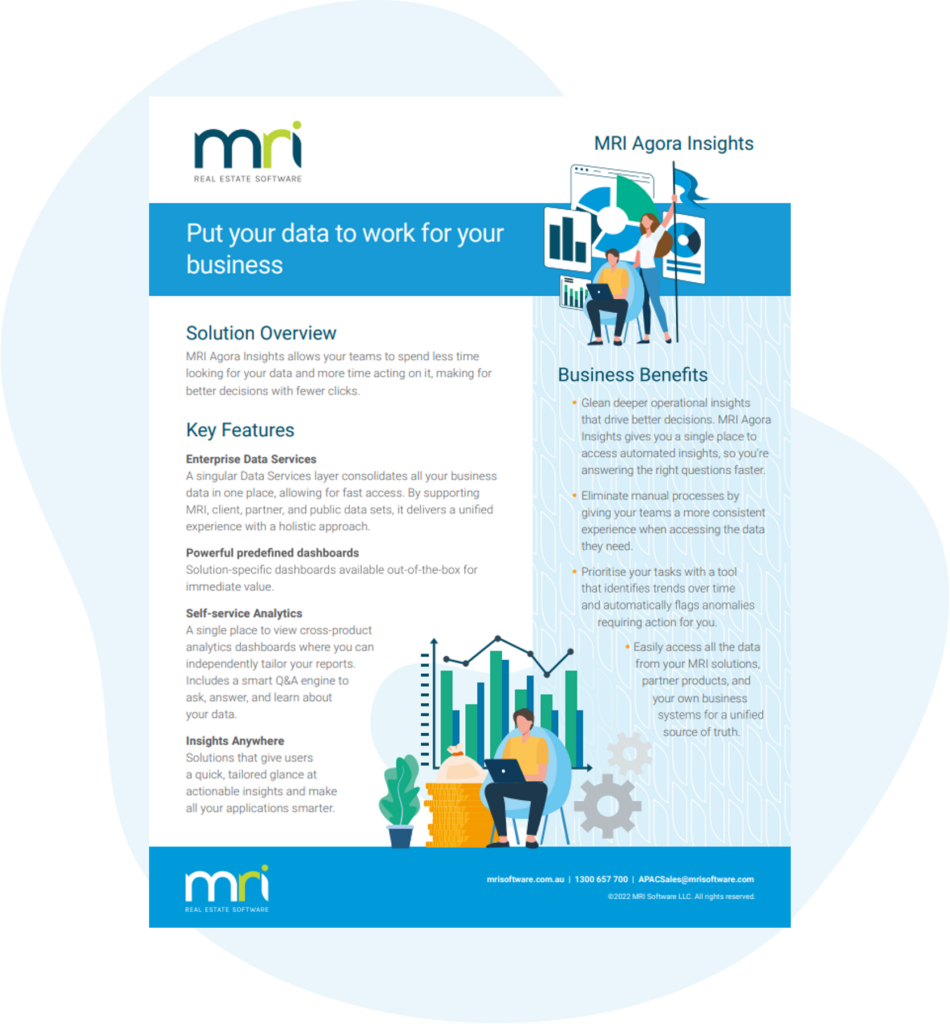The future of financial modelling: Why commercial real estate firms need to invest in technology
As the real estate investment industry evolves, financial modelling will remain a key factor in allowing real estate investment trusts (REITs) and other organisations that invest in real estate to make informed decisions and gain competitive advantage. The ability to evaluate the impact of multiple factors on your portfolio improves performance and maximises returns for stakeholders. But if financial modelling is already an integral part of the planning, analysis and forecasting process, why do many commercial real estate firms fail to capitalise on worthwhile opportunities?
Real estate financial modelling technology
The slow adoption of industry-specific software and tools is one of the main reasons real estate firms struggle to take full advantage of opportunities. Investment modelling software designed for the unique needs of the real estate industry plays a critical role in supporting a competitive strategy, and firms that choose not to embrace it run the risk of losing market share in the future.
Three roadblocks to success for real estate organisations:
- Slow decision making – 72% of companies surveyed blame slow decision making for the failure of at least one strategic initiative. With the right tools in place, real estate firms can reduce inefficiencies within the organisation, streamline processes, and break down organisational silos to make way for faster, more accurate decisions that maximise returns and minimise risks.
- Inefficient data management – Poor data quality, inadequate tools for extracting, analysing and transforming data into meaningful insights, and poor systems integration prevent organisations from using data to their advantage. Many firms are using nothing more than spreadsheets to manage billion-dollar investment portfolios, which only encourages operational inefficiencies and increases the risk of incorrect reporting and flawed decision making. Firms that leverage business intelligence and analytics tools can spend less time chasing data and more time on business-critical initiatives.
- Lack of agility – Shifting market conditions, as well as economic uncertainty, can have an immediate impact on the value of real estate investment portfolios. To stay competitive, real estate executives must embrace agile strategic planning to speed up the decision-making process, minimise risk, and generate optimal returns. The ability to remodel scenarios quickly will help firms assess the best course of action for the organisation and its investment portfolio in the short and long term.
With uncertainty becoming the new normal, real estate investment leaders need to leverage technology to make informed decisions, aggregate large volumes of data from multiple sources, and increase agility to stay in control of business strategy and performance management.
Is your firm ready to reduce risk, save time and maintain compliance? Download the eBook to find out how to Forecast accurately, efficiently and consistently by combining your data and assumptions under one roof.
| Book a demo |
Put your data to work for your business
Introducing the solution for today’s data-driven commercial property owners and operators: MRI Agora Insights. In a landscape where technology is abundant yet data challenges persist, our platform offers a refreshed approach to tackling issues …

